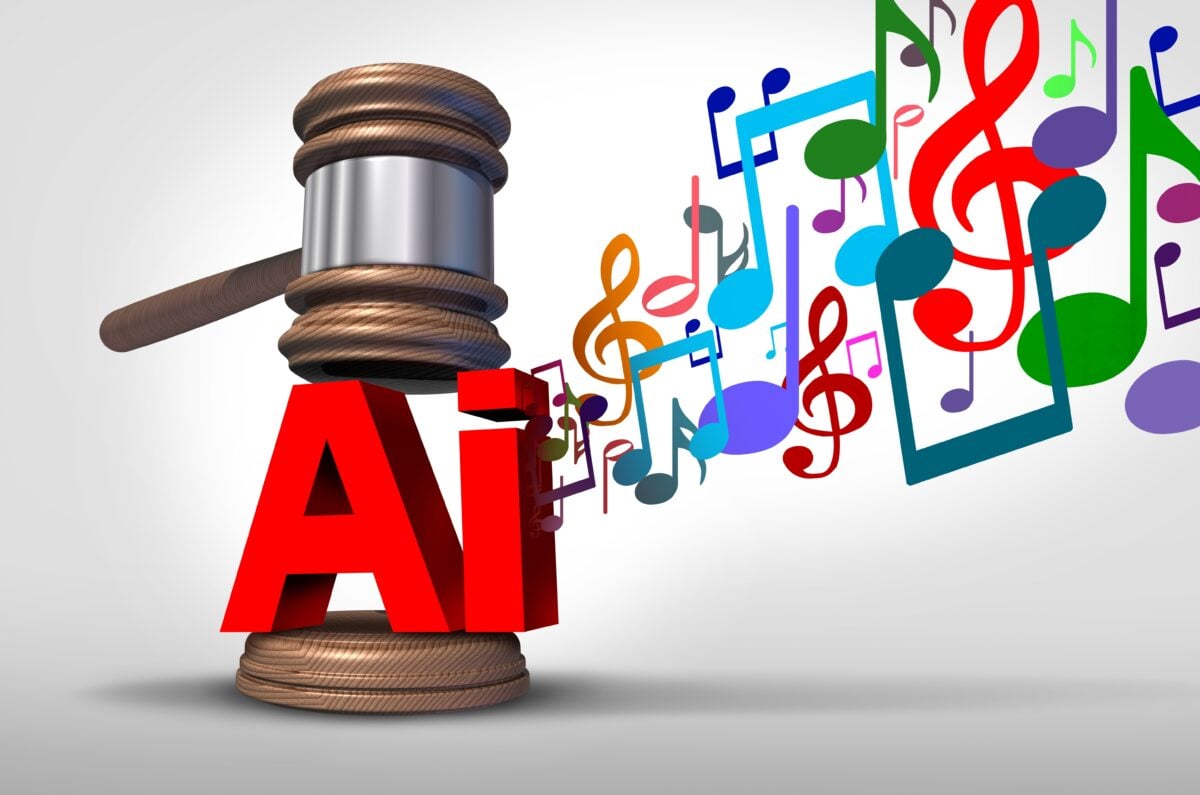TLDRs:
- UK adviser states AI companies have no legal obligation to compensate creatives for training data.
- Labour’s proposed copyright reforms face criticism from artists and writers over content use.
- Publishers like The Guardian and Financial Times strike deals with OpenAI amid controversy.
- Government forms working groups to consider AI copyright rules after public backlash.
A senior adviser to the UK’s science, innovation, and technology secretary has stated that AI companies will likely never be legally required to compensate artists, writers, and musicians for using their work to train artificial intelligence systems.
The remarks, made by Kirsty Innes in now-deleted posts on X earlier this year, surfaced recently in reporting by The Guardian. Innes made these statements months before taking her current government role, sparking renewed debate over AI and creative copyright.
Government Consults Amid Creator Outcry
The UK government is currently consulting on whether AI firms should pay creators for using copyrighted content in AI training.
The consultations come amid calls from high-profile figures, including Mick Jagger, Paul McCartney, and Kate Bush, who have urged stronger protections for artists in the AI era.
Labour’s proposed copyright reforms, under review, would allow AI companies to use copyrighted material unless creators explicitly opt out. This “opt-out” approach has drawn criticism from the creative sector, which argues it places an unfair burden on artists and risks widespread unlicensed use of creative works.
Publishers Strike Licensing Deals
While debate continues, some publishers have moved to secure legal access to AI training content.
Notably, The Guardian and Financial Times have entered licensing agreements with OpenAI to allow their content to be used in ChatGPT. These deals illustrate how some media organizations are proactively managing AI’s impact, even as broader policy questions remain unresolved.
The agreements demonstrate a growing trend in which publishers monetize AI training opportunities, contrasting with the position of many individual artists who have little leverage in negotiations with major AI companies.
Legal Landscape Faces Growing Pressure
The issue of AI copyright has become increasingly high-stakes as legal challenges mount globally. This month, Disney and other major studios filed a complaint against Chinese AI company MiniMax in a U.S. federal court, alleging willful copyright infringement.
The plaintiffs claim that MiniMax’s AI system generated images and videos using copyrighted characters without permission, highlighting the broader international challenge of regulating AI content use.
UK policymakers are now under pressure to balance innovation with protection for creative industries. The government has indicated that requiring creators to opt out of AI content use is no longer its preferred approach and has formed working groups to examine alternative measures. These discussions will likely shape the future legal framework for AI and intellectual property in the UK.
Creative Sector Reacts
Reactions from the creative sector have been swift. Many artists, writers, and musicians argue that without clear compensation rules, AI companies benefit from labor and creativity without providing fair remuneration.
Meanwhile, some commentators have emphasized that proactive licensing agreements by publishers may set a precedent, but broader protections for individual creators remain limited.
As AI technology advances and the demand for large datasets grows, the conversation around copyright, AI training, and creator rights is becoming increasingly urgent. How the UK addresses these challenges could influence AI policy internationally, setting standards for balancing technological innovation with the protection of creative work.







